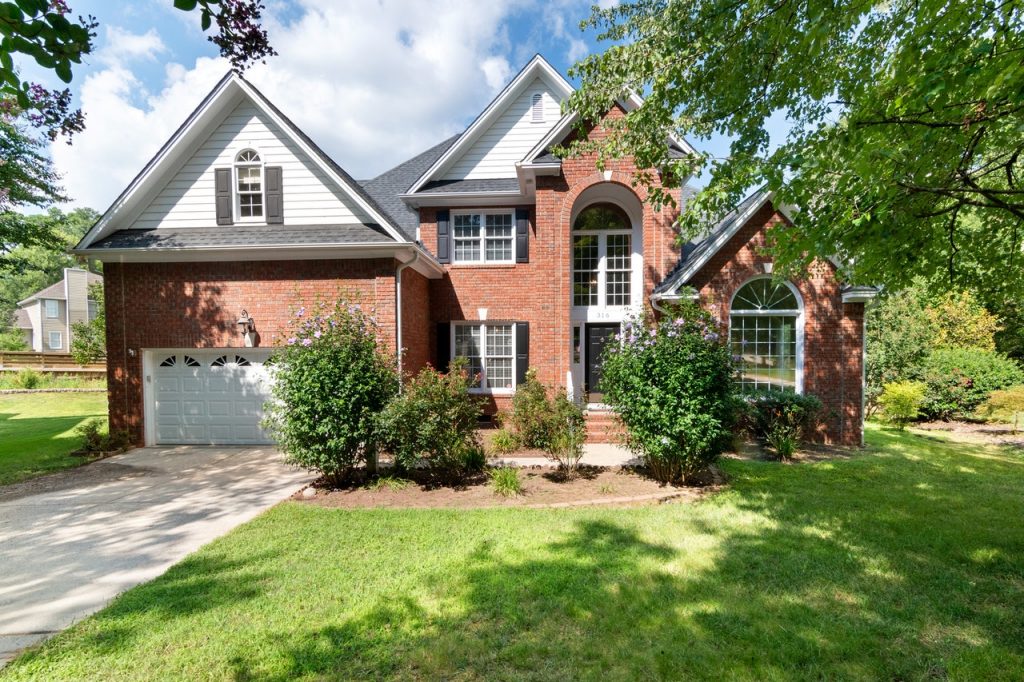Snagging a house in a terrific neighborhood and remodeling it according to your taste — now that is the dream of any homebuyer, right? And the perfect solution to make this dream a reality is to buy a fixer-upper. But it’s not all rainbows and butterflies. Undergoing a major overhaul could turn into a nightmare.
Growing Popularity of Fixer-Uppers
Blame it on HGTV’s Fixer Upper, but the growing popularity of fixer-upper houses could be attributed to the many episodes of this show. Though the projects seem like herculean tasks, how Joanna and Chip Gaines pulled off a remodel miracle only encourages you to go ahead and do it for yourself.
But what exactly are fixer-uppers?
What Is a Fixer-Upper Home
In the real estate world, a fixer-upper refers to a property that although is livable enough itself, could still use some repair, reconstruction, or redesign. Thus, the concept itself is subjective. While a house may seem perfect enough for one person, it may need some upgrading for another.
Fixer-upper homes cost 20 to 25 percent lower than properties in good condition are in an area. If you’re into house flipping or real estate investment, then buying a fixer-upper is the right call for you. Nonetheless, fixer-uppers could be a great choice for first-time homebuyers.
Before joining the bandwagon though, ought to consider the factors that come with purchasing a fixer-upper property.
Pros & Cons of Buying a Fixer-Upper
Advantages
In a survey commissioned by Clever Real Estate involving 1,000 participants, over 68 percent of millennials are interested in buyer fixer-upper houses. For one, these properties have lower purchase prices. This helps you stretch your budget, especially when you are judging other recurring payments like student and auto loans.
It is no secret that paying for a home down payment is the biggest barrier that prevents younger homebuyers from achieving the American dream of owning a house. Let’s say a move-in-ready house costs $210,000. Using a mortgage calculator, you’ll see that with fixer-uppers, you save as much as $12,000 in downpayment.
Another advantage of buying a fixer-upper is that it is an easy route to a rather unaffordable neighborhood. No doubt location is crucial in homeownership. It’s a homeowner’s dream to live in a safe and secure neighborhood that is close to schools, commercial centers, and offices. Usually, you also get to enjoy living in a house with a wider outdoor space too.
Lastly, fixer-uppers give you a wonderful chance to customize your dream home according to your liking and at a much cheaper price. If you buy a brand new home or a renovated one, it is expected that you have to shell out more money. But with a fixer-upper property, you can opt for less expensive DIY projects that can transform your home interior into something that suits your lifestyle.

Disadvantages
Fixer-uppers come with a number of disadvantages, however.
Obviously, the home of your choice might not be move-in ready. It would mean extensive construction that would require you to live somewhere else while the renovation is ongoing. It could span weeks, months, or even years. Thus, it could mean additional expense for renting a place.
Fixer-uppers are also harder to finance. Most lenders would not grant a mortgage application that is more than a home’s current value. But don’t lose hope. Though a traditional mortgage would not work for you, you have other financing options like the VA renovation loan.
It can also be risky buying a fixer-upper house as you might uncover more serious issues along the way. Expect the unexpected when buying a fixer-upper. Along the way, you might discover some major mold issues, and rewiring or plumbing problems. Older houses are bound to deteriorate after all.
This also leads to another disadvantage of a fixer-upper house — going over the budget. A lot of novice home buyers tend to underestimate the costs of renovating this type of property. You may run the numbers early on and estimate how much it would cost you to do a major overhaul, but in the end, surprise costs always pop up.
In the end, the final decision of purchasing a fixer-upper rests on you. Take your time to weigh carefully all your options. Buying a house is a long-term investment, so you have to ensure you make a decision that you can sit with for the rest of your life. Financing, location, property appreciation, and renovation expenses are some of the factors you need to consider.
Lastly, you have options on how to revamp your property. You may either go full-blown DIY, hire a reliable, full-service building contractor, or DIY some and leave the others to professionals.

